Navigating the Liturgical Landscape: A Guide to the January 2025 Calendar
Navigating the Liturgical Landscape: A Guide to the January 2025 Calendar
Introduction
In this auspicious occasion, we are delighted to delve into the intriguing topic related to Navigating the Liturgical Landscape: A Guide to the January 2025 Calendar. Let’s weave interesting information and offer fresh perspectives to the readers.
Table of Content
Navigating the Liturgical Landscape: A Guide to the January 2025 Calendar
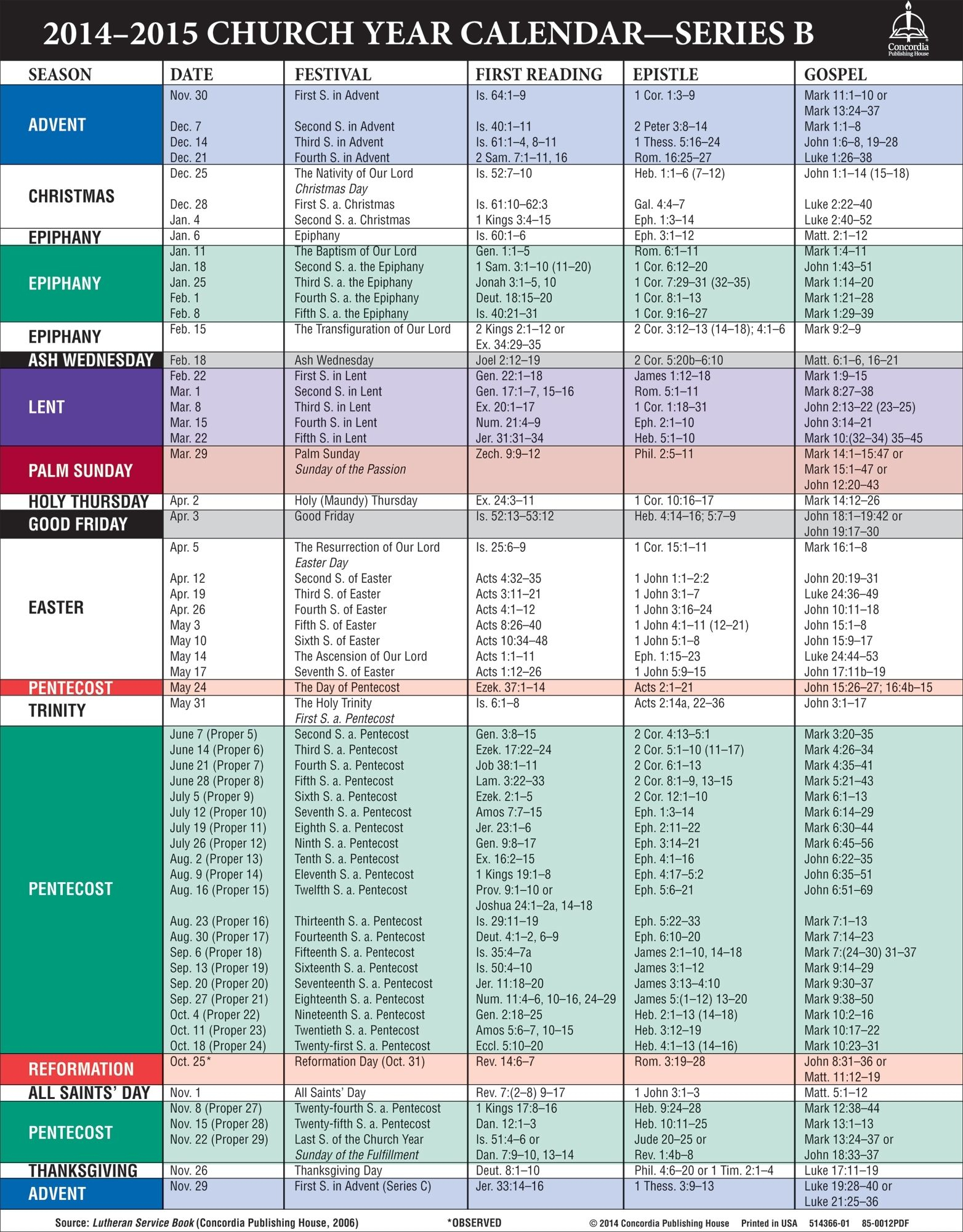
The liturgical calendar serves as a roadmap for the Christian year, guiding the faithful through a cycle of celebrations, commemorations, and reflections. Each month offers a unique tapestry of liturgical events, drawing upon the rich history and traditions of the Church. Understanding the January 2025 calendar allows for a deeper engagement with the liturgical year, providing a framework for personal reflection and communal worship.
The First Month of the New Year:
January, the first month of the Gregorian calendar, holds a special significance in the liturgical year. It marks the beginning of a new cycle, a time for renewal and fresh beginnings. The liturgical calendar for January 2025 reflects this theme of new beginnings, offering opportunities for reflection and spiritual growth.
Key Liturgical Events in January 2025:
-
The Epiphany (January 6th): This feast celebrates the manifestation of Christ to the Gentiles, symbolized by the visit of the Magi. It commemorates the revelation of God’s universal love and the calling of all people to faith. The Epiphany season, which extends until the Baptism of the Lord, focuses on the themes of light, revelation, and the manifestation of God’s glory.
-
The Baptism of the Lord (January 12th): This feast marks the baptism of Jesus by John the Baptist in the Jordan River. It symbolizes the beginning of Jesus’ public ministry and the inauguration of the Kingdom of God. The Baptism of the Lord concludes the Epiphany season and marks the beginning of Ordinary Time.
-
Weekdays in Ordinary Time: Following the Baptism of the Lord, the liturgical calendar enters Ordinary Time, a period dedicated to the ongoing life and teachings of Jesus. Weekdays in Ordinary Time offer opportunities for reflection on the Gospels and the teachings of the Church.
The Importance of the Liturgical Calendar:
The liturgical calendar is not merely a collection of dates; it is a living expression of the Christian faith. It provides a framework for understanding the story of salvation, celebrating the key events in the life of Christ, and deepening our relationship with God.
-
Connecting to the Story of Salvation: The liturgical calendar guides the faithful through the narrative of salvation history, from the creation of the world to the coming of the Kingdom of God. It offers a lens through which to view the scriptures and understand the unfolding of God’s plan for humanity.
-
Celebrating the Mysteries of Faith: The liturgical calendar highlights key moments in the life of Christ, allowing us to participate in the mystery of his incarnation, passion, death, and resurrection. Each feast and commemoration offers a unique opportunity to celebrate the mysteries of our faith and draw closer to God.
-
Providing a Framework for Spiritual Growth: The liturgical calendar provides a structure for spiritual growth and formation. The cycle of readings, prayers, and celebrations offers a framework for reflection, contemplation, and personal transformation.
-
Uniting the Church in Prayer: The liturgical calendar fosters unity among the faithful, providing a shared framework for prayer and worship. The common calendar allows for a shared experience of faith and strengthens the bonds of community.
FAQs about the January 2025 Liturgical Calendar:
Q: What are the key differences between the liturgical calendar and the Gregorian calendar?
A: The Gregorian calendar is a secular calendar used for daily life, while the liturgical calendar is a religious calendar that marks the key events in the life of Christ and the history of the Church. The liturgical calendar is based on the biblical narrative and the traditions of the Christian faith, while the Gregorian calendar is based on astronomical cycles.
Q: Why is the liturgical calendar important for Christians?
A: The liturgical calendar provides a framework for understanding the Christian faith, celebrating the key events in the life of Christ, and deepening our relationship with God. It allows Christians to participate in the story of salvation and to connect with the broader Christian community.
Q: How can I use the liturgical calendar in my daily life?
A: The liturgical calendar can be used in many ways to enrich your daily life. You can read the scriptures associated with the day’s feast or commemoration, pray the specific prayers of the day, or participate in liturgical events at your parish.
Q: Are there different liturgical calendars for different denominations?
A: Yes, different denominations within Christianity have their own liturgical calendars. While there are some common elements, there are also differences in the specific feasts and commemorations celebrated.
Tips for Engaging with the January 2025 Liturgical Calendar:
-
Mark the Important Dates: Make a note of the key liturgical events in January 2025, such as the Epiphany and the Baptism of the Lord.
-
Read the Daily Scriptures: The readings assigned for each day in the liturgical calendar offer a rich source of spiritual nourishment.
-
Participate in Liturgical Events: Attend Mass or other liturgical services at your parish to celebrate the feasts and commemorations of the month.
-
Reflect on the Themes of the Season: Use the themes of the season, such as light, revelation, and new beginnings, as a guide for personal reflection and prayer.
-
Share Your Faith: Talk to your friends and family about the liturgical calendar and invite them to participate in the celebrations and reflections of the season.
Conclusion:
The January 2025 liturgical calendar offers a unique opportunity to engage with the rich tapestry of the Christian faith. By understanding the key events of the month, reflecting on the themes of the season, and participating in the liturgical celebrations, we can deepen our faith and draw closer to God. The liturgical calendar serves as a reminder of the ongoing story of salvation, providing a framework for spiritual growth and a shared experience of faith within the Christian community.

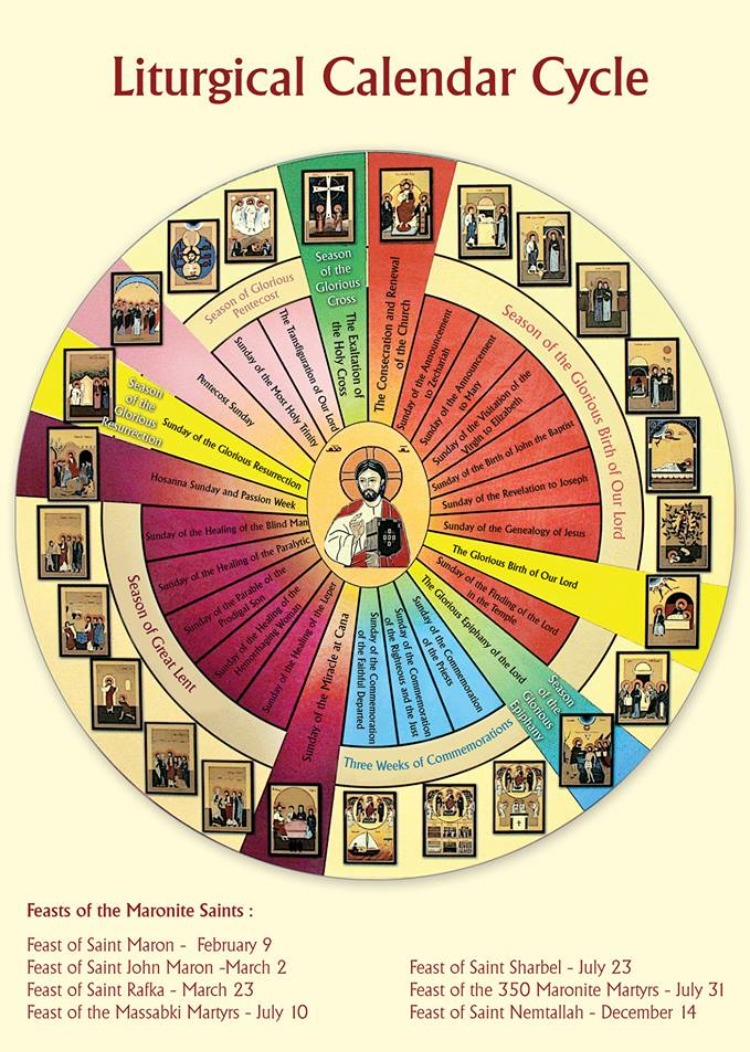
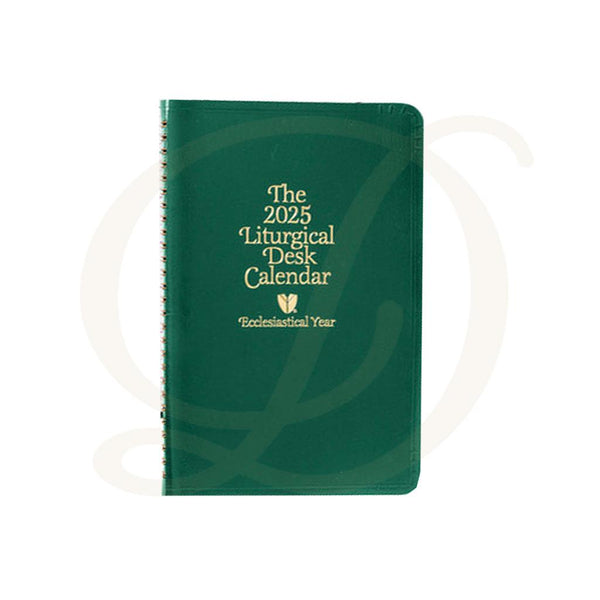
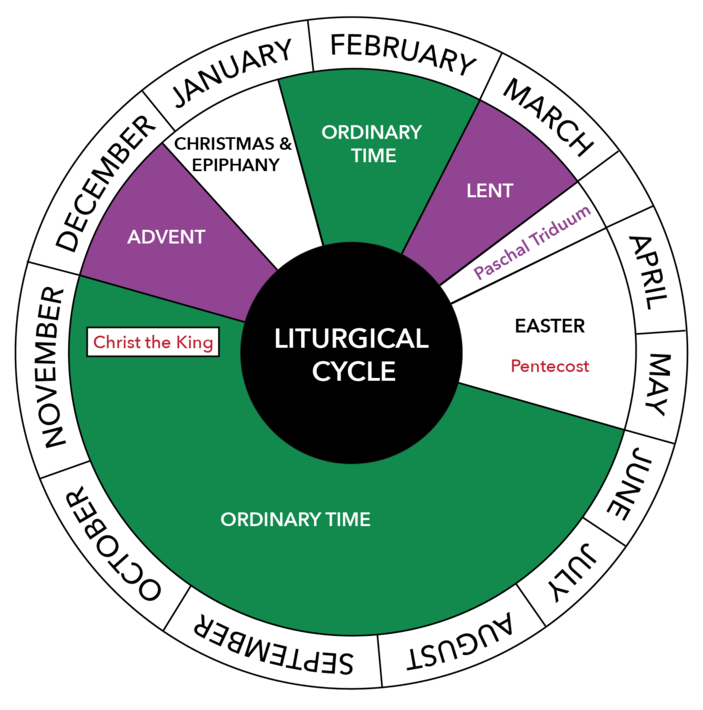
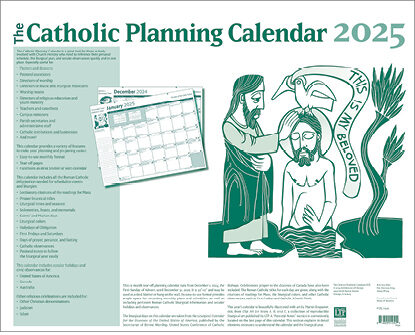
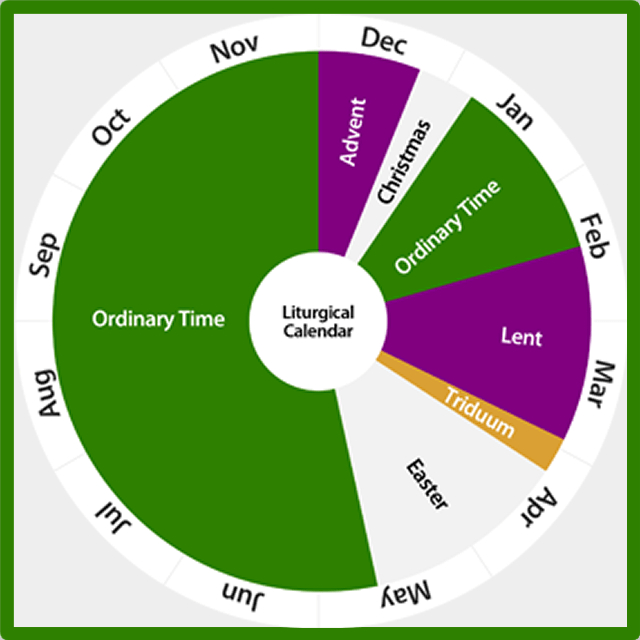
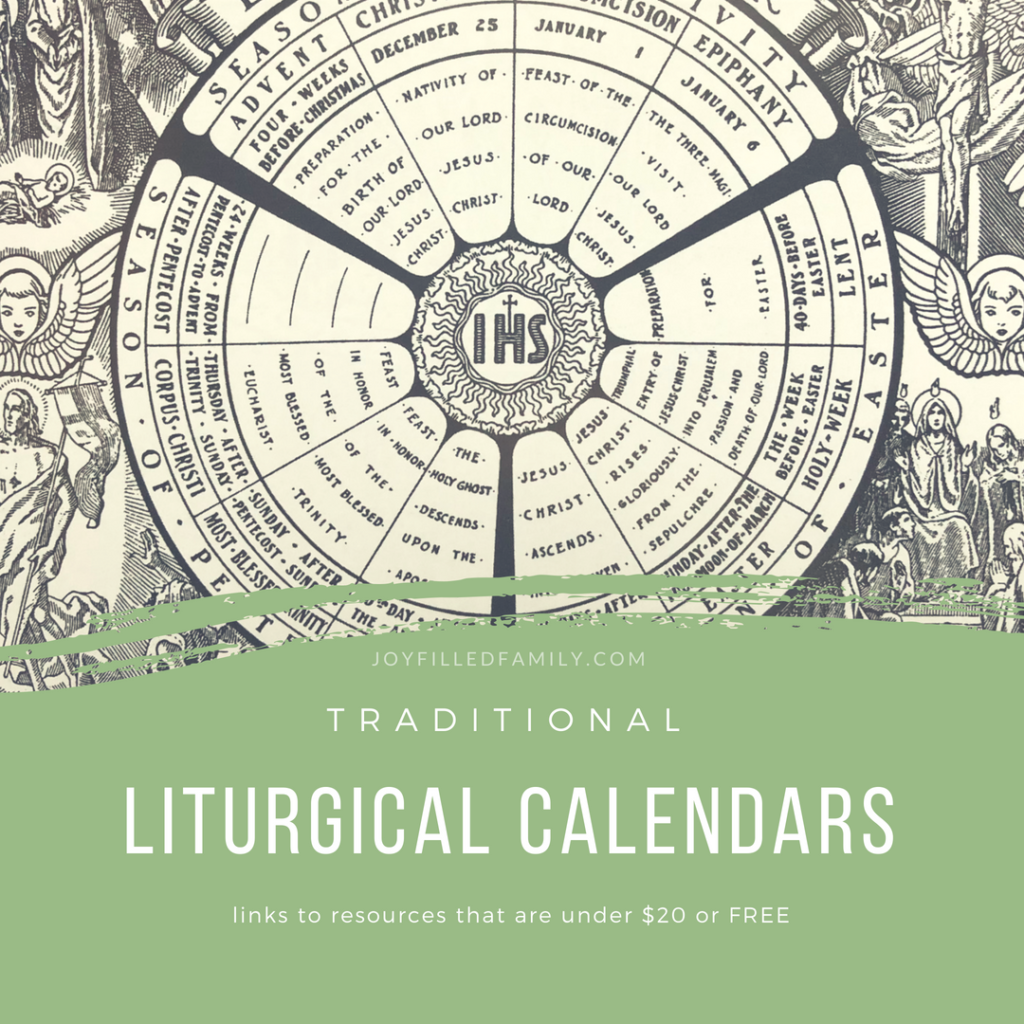
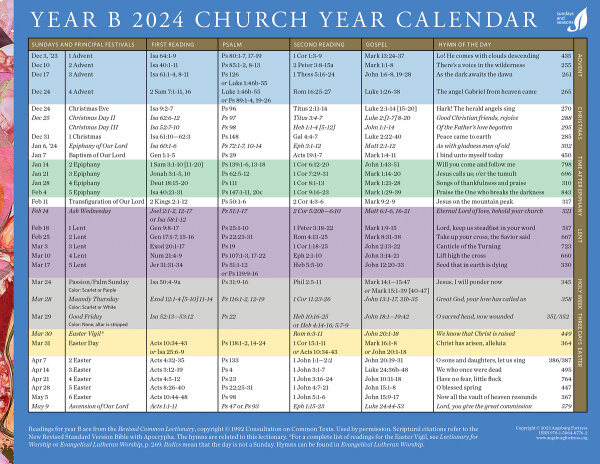
Closure
Thus, we hope this article has provided valuable insights into Navigating the Liturgical Landscape: A Guide to the January 2025 Calendar. We hope you find this article informative and beneficial. See you in our next article!